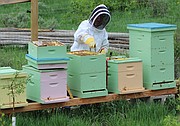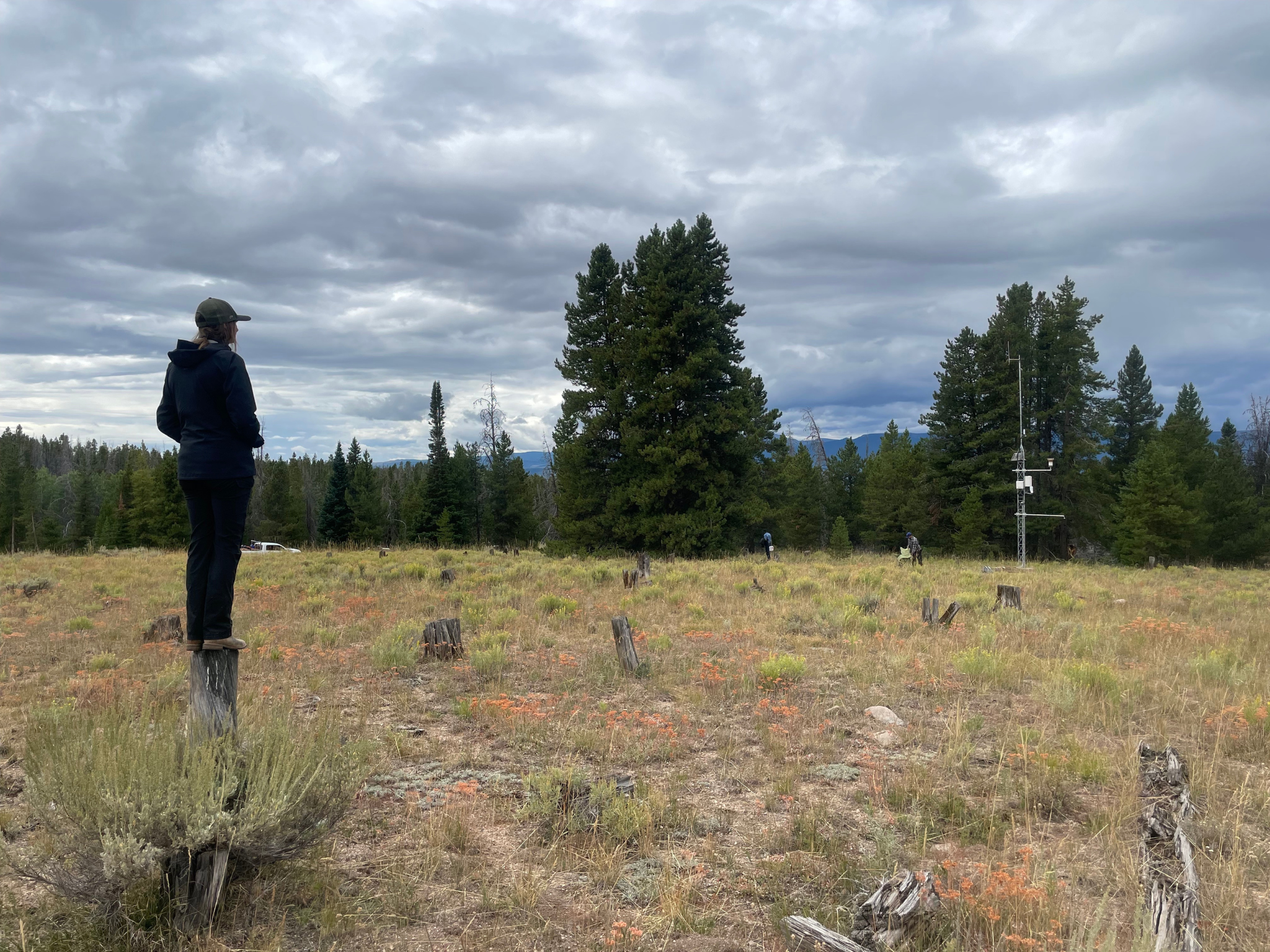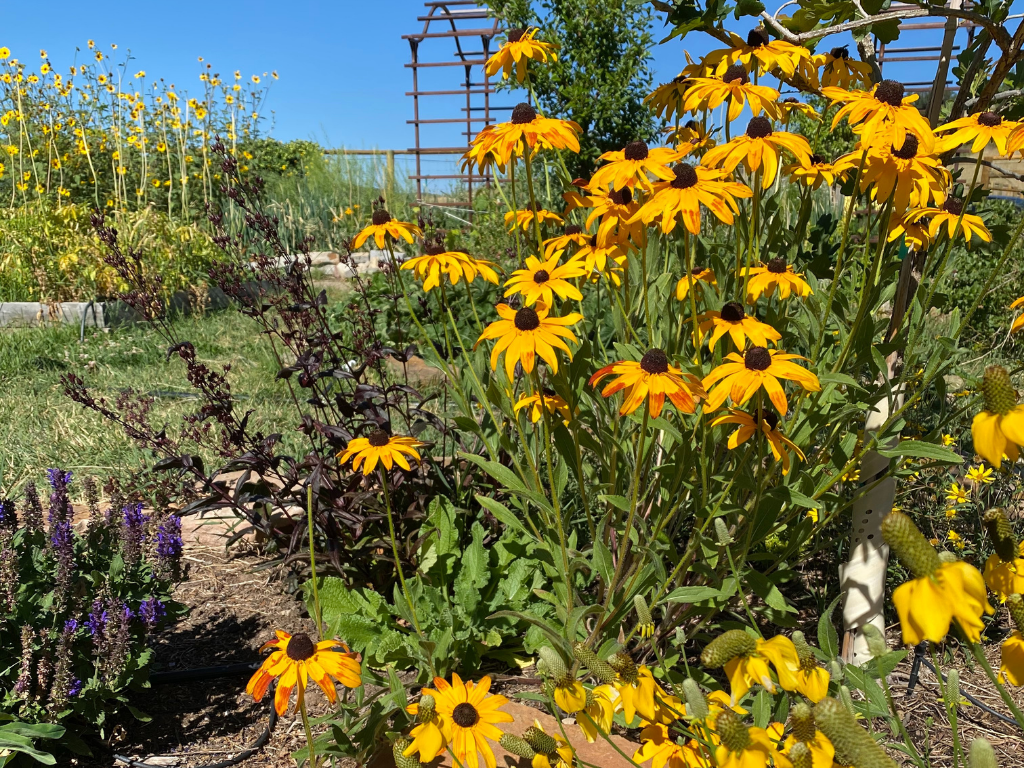FEBRUARY 23, 2016 BY
From the Steamboat Pilot and Today
“To have bees is fairly simple, but the longer you are into it, the more you get interested in all the different facets,” said beekeeper David Truly, of Truly Family Farm, near Oak Creek.
“Beekeeping is as much an art, as a science. The more you learn, the more you get a feel for the art.”
This time of the year is not appropriate to be handling and stressing out bees that are working hard in their hives to overwinter, Truly said, but now is the time to be planning and ordering, if folks want to raise bees this summer. The hobbyist estimates Routt County is home to 25 to 30 beekeepers, but he would like to see that number double or triple. People who want to keep bees need a space with a 15-foot circumference around a hive, and bees need sufficient plants for foraging within a 3-mile radius.
Truly is excited to teach the community more about beekeeping and will be the featured speaker at the Yampa Valley Sustainability Council’s next Talking Green at 5:30 to 7 p.m. Tuesday in the Colorado Mountain College, Alpine campus’ Allbright Family Auditorium.
“Bees are the most fascinating things I have encountered in my 62 years,” said Truly, who started keeping bees three years ago. “The more I learn about them, the more I want to learn.”
Yampatika naturalist and botanist Karen Vail and local herbalist Mary O’Brien will be on hand at the event to answer questions about how to promote pollinators in any size of yard or garden.
Truly said his 10 hives currently are wrapped in 2 inches of foam with snow piled around them to help the bees survive the cold winter, which the insects accomplish by clustering together, shivering without their wings moving to keep warm, and taking turns rotating from the inside to the outside of a cluster. The bees move throughout the hive eating honey, so local beekeepers stop harvesting honey in mid-September leaving some 80 pounds of honey for winter.
The first year he had bees, Truly lost a colony to bears, who are interested in eating the insect larvae first before the actual honey. He soon installed an electric fence.
The beekeeper said a colony can reach 92 degrees inside the cluster during winter, but the bees will not start to venture outside the hive until temperatures reach 45 degrees. An unlucky bee finding itself outside on too cold a day can die from paralyzed muscles. One colony with one queen can reach up to 60,000 bees by mid-summer.
Interesting facts about bees captivates Truly, who, with his wife, Christy, also raise chickens, ducks, geese, pigs, vegetables and red wiggler earth worms for compost bins. Truly Family Farm sells natural, unfiltered Routt County honey on the Community Agricultural Alliance online market (caamarket.org).
“We started as a small family farm, growing fruits and vegetables for ourselves in 1999. Over the years, our garden and farming interests have grown enough that we want to share with others,” Truly said.
Commercial beekeepers are losing 30 percent, or more, of their colonies each year to such issues as persistent insecticides, so Truly encourages more new beekeepers in Colorado. Potential beekeepers should place orders for bees soon to receive a 3-pound package of bees in early May. For more information, visit the Colorado State Beekeepers Association website at coloradobeekeepers.org or connect with the Routt County Beekeeping Association on Facebook. The local group meets at 6 p.m. the second Tuesday of each month at CMC.







